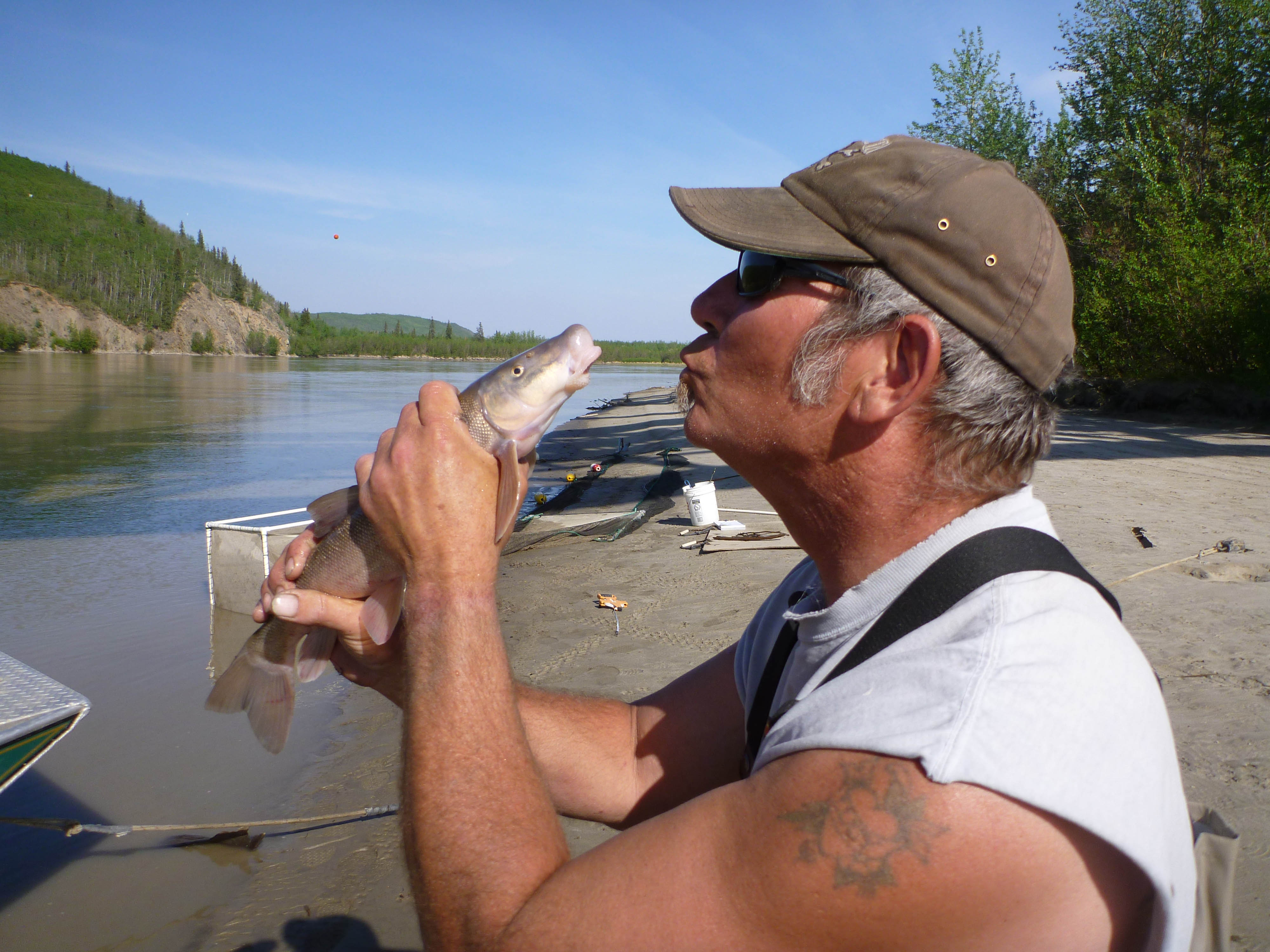ACEP, PMEC Welcomes Mark Evans to Team

Mark Evans came to Fairbanks in 1975 to work in construction for a local contractor and ended up working in every remote corner of the state for the next 45 years. During that time, he earned a bachelor’s degree in fisheries at UAF. He worked for several years as a research tech for the College of Fisheries and Ocean Sciences on projects using pop-up satellite archival tags to study movements and migrations of Pacific halibut, chinook salmon and Arctic char. He also studied out-migrations of Pacific salmon smolts, which led him to be on the fish crew of the hydrokinetic pilot project at Eagle in 2010 and from there to help set up and conduct fisheries duties at ACEP’s Tanana River Hydrokinetic Test Site in Nenana until 2013.
For the past six years, Evans has worked as a fish bio-tech for the U.S. Forest Service, mostly in the Tongass National Forest in Southeast Alaska. His work for USFS includes surveying, classifying and protecting fish streams, as well as identifying habitat restoration potential. In 2018, he worked in the Six Rivers National Forest in Northern California, surveying tributaries of the Klamath River prior to the decommissioning this year of four obsolete dams.
“I really wanted to get more experience at habitat restoration, but it was hard to do in Alaska because our fish streams are still pretty good,” said Evans. “I had to go to California to find a really abused river, and I found that on the Klamath, which has endured every human degradation there is.”
Evans said that is why he’s so excited to be back on the ACEP team and now with the Pacific Marine Energy Center.
“There is a lot of power in our big rivers and a need for it in our rural villages. But those rivers also provide the village with fish,” he said. “At ACEP, we’ve got people smart enough to figure out how we can have both.”
Mark Evans rejoins ACEP and now the Pacific Marine Energy Center. Photo courtesy of Mark Evans.


